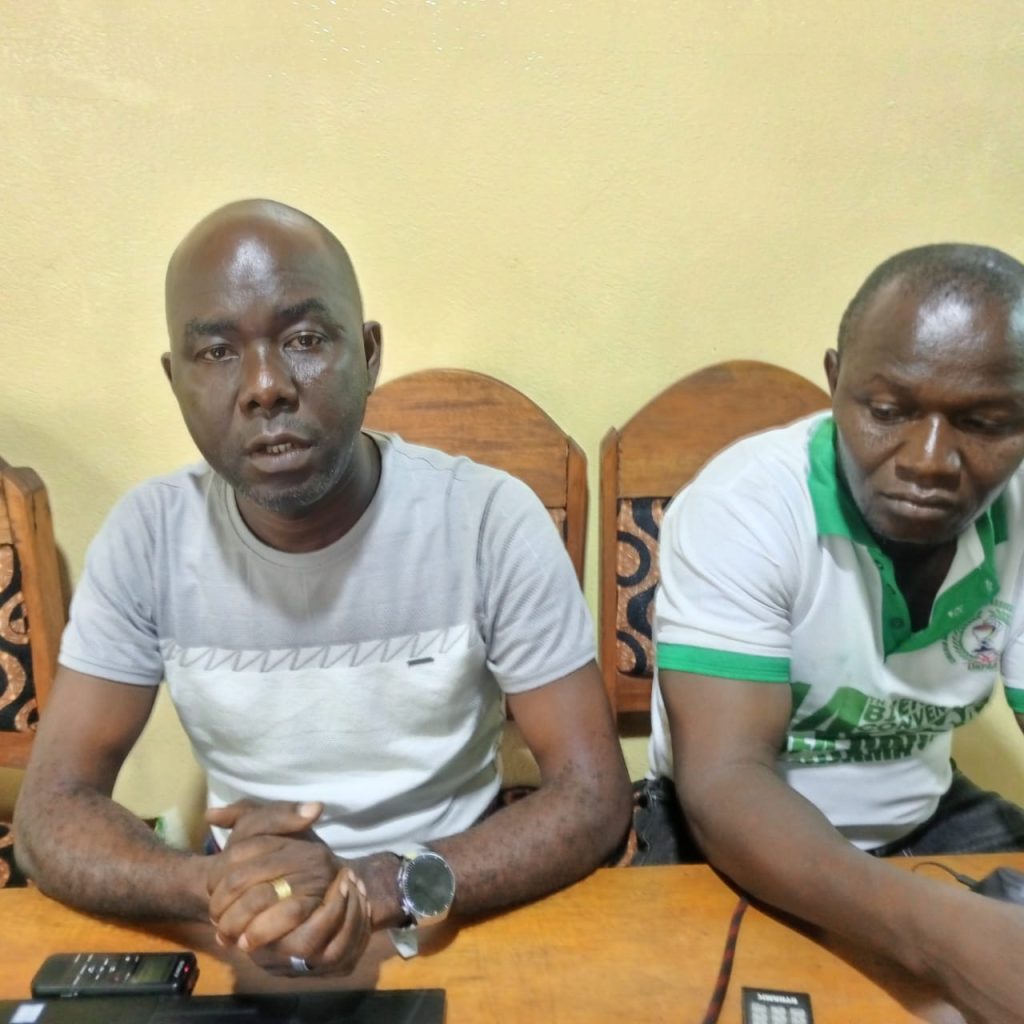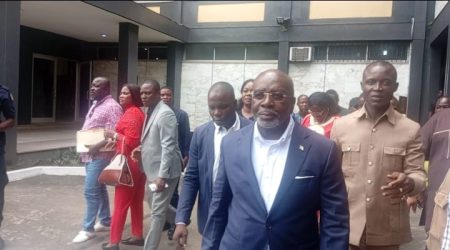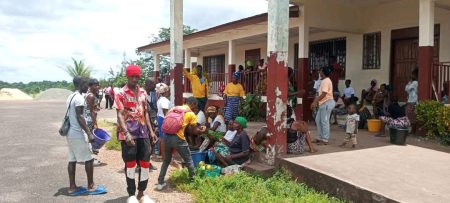The Liberian healthcare system was on the brink of disruption in December 2024 as health workers prepared to strike over perceived salary inequities. The government’s proposed US$50 top-up for certain healthcare professionals under the 2025 national budget was met with strong opposition from the Assembly of Liberian Health Professionals. The Assembly argued that this meager increase not only failed to address the existing salary disparities but also contravened the established Health Sector Pay Grade and Salary Reclassification Policy, a framework designed to ensure fair and equitable compensation across the healthcare workforce. The looming strike, scheduled for December 10th, threatened to cripple healthcare services across the nation, placing vulnerable populations at risk.
However, in a turn of events, intense negotiations and discussions between the government and the Assembly yielded substantial progress. The government implemented a salary gap closure initiative, promising a significant restructuring of healthcare worker salaries effective January 2025. This initiative addressed the core concerns raised by the Assembly, providing a more equitable and just compensation structure across various healthcare professions. The Assembly, recognizing the government’s commitment to addressing the salary disparities, called off the impending strike, urging health workers to return to their posts and prioritize patient care. This resolution signaled a potential turning point in the struggle for fair compensation within Liberia’s healthcare sector.
The revised salary structure reflects a significant improvement for various healthcare professionals. Pharmacists, recognized for their crucial role in medication management, saw their salaries increase to US$1,200. Nurse anesthetists, essential for surgical procedures and pain management, will now receive US$500. BSc nurses, providing a higher level of specialized care, will earn US$375, while diploma and AA nurses will receive US$350. Physician assistants (PAs), often serving as primary care providers in underserved areas, will receive US$400. This tiered structure acknowledges the varying levels of education, training, and responsibility within the healthcare system.
Further down the pay scale, certified midwives, vital for maternal and child health, will earn US$300, while registered midwives will receive US$320. Lab technicians and operating room technicians, both crucial for diagnostics and surgical support, will each be paid US$300. Nurse aides, providing essential patient care and support, will earn US$185. The government also committed to employing and compensating volunteers in various healthcare roles, further bolstering the healthcare workforce. This comprehensive approach to salary adjustments aims to attract and retain qualified professionals across all levels of healthcare, promoting a stronger and more sustainable system.
Benjamin O. Suamey, the Acting Secretary General of the Assembly of Liberian Health Professionals, played a pivotal role in the negotiations and subsequent resolution. He publicly commended the government’s responsiveness to the concerns raised by the Assembly and urged all healthcare workers to resume their duties. Suamey emphasized the invaluable contributions of healthcare professionals and the critical importance of their continued service to the nation’s health and well-being. He assured healthcare workers that the Assembly would remain vigilant in monitoring the implementation of the new salary structure and addressing any further concerns that may arise.
The successful resolution of this potential crisis underscores the importance of open communication and negotiation between government bodies and healthcare worker representatives. The Assembly’s proactive approach, advocating for fair compensation and equitable treatment of healthcare professionals, ultimately led to a positive outcome. The government’s willingness to engage in dialogue and implement meaningful changes demonstrated a commitment to strengthening the healthcare system and valuing the contributions of its workforce. While the immediate crisis was averted, the ongoing dialogue between the government and healthcare professionals will be crucial for ensuring the long-term stability and resilience of Liberia’s healthcare sector. This collaborative approach will be essential for addressing future challenges and ensuring that healthcare workers receive the support and compensation they deserve.














